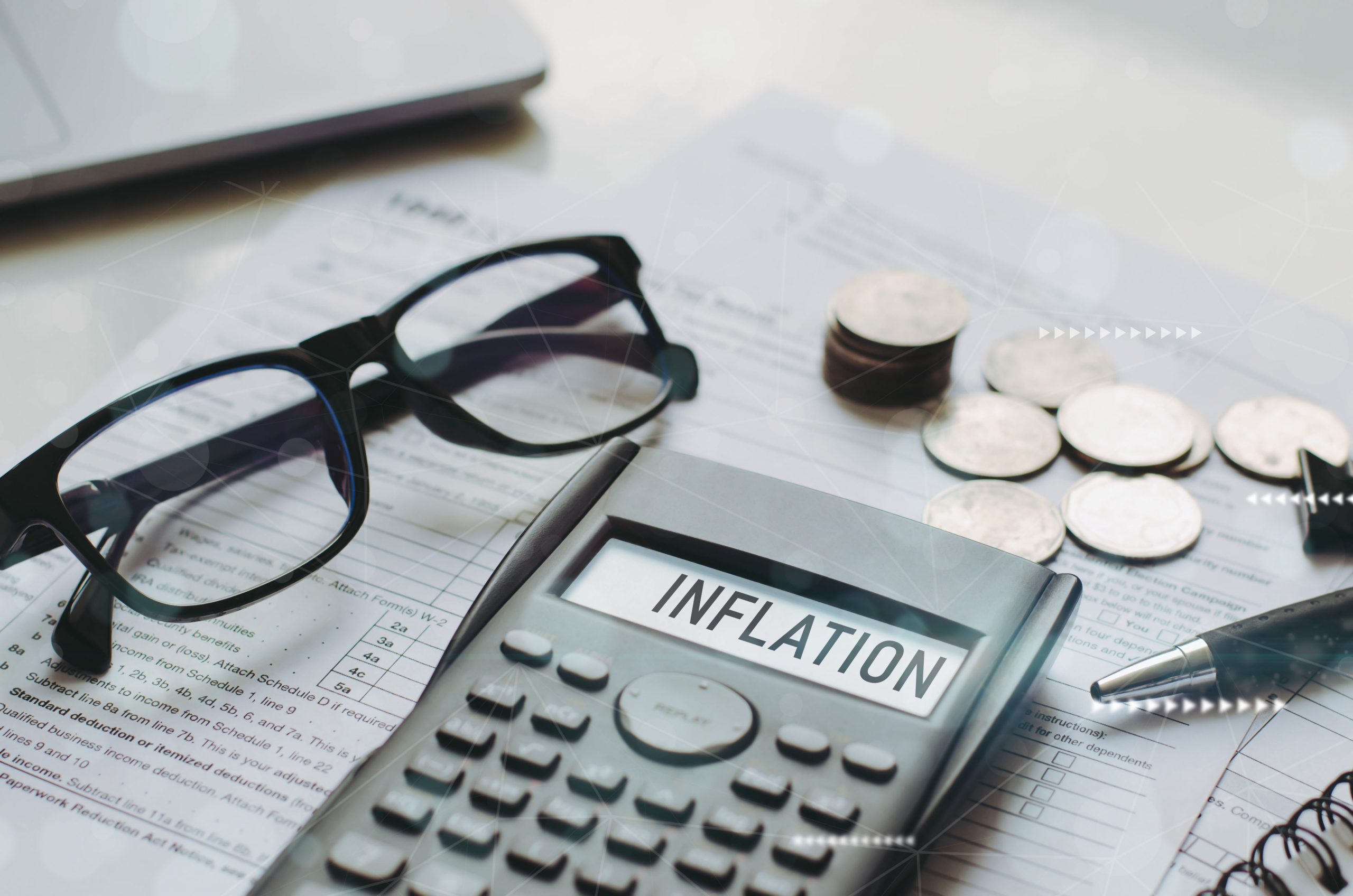Ryan discusses several crucial strategies on what to do with your 401k retirement plan. He aims to guide retirees on navigating their financial path post-retirement. Ryan delineated numerous options that retirees have, including taking a cash taxable distribution, which is not recommended due to its substantial tax implications and potential to significantly diminish future income. Another option entails leaving the money in the existing 401k plan, which might be sensible under certain conditions, especially for individuals retiring around age 55 due to the advantageous age 55 Rule that negates the 10% IRS early withdrawal penalty.
A third viable strategy involves executing a tax-free rollover to an Individual Retirement Account (IRA), providing broader investment possibilities and increased financial flexibility. Moreover, conversion to a Roth IRA and managing Net Unrealized Appreciation (NUA), particularly for those with abundant company stock in their 401k, were discussed as strategies to enhance tax efficiency and financial management in retirement.
Ryan emphasizes considering the particular circumstances, tax implications, and potential benefits while opting for any of the strategies, advocating for a thorough understanding of each to secure a financially stable retirement.
What to Do with Your 401k When You Retire
Retirement is a time many people eagerly anticipate. After years of hard work and saving, it’s finally time to kick back, relax, and enjoy the fruits of your labor. However, a critical financial decision awaits you upon retirement – what to do with your 401k. Your 401k is a substantial part of your retirement savings, and making the right choice is crucial to ensuring a comfortable and financially secure retirement.
In this article, we’ll explore various options on what to do with your 401k when you retire, including the benefits and drawbacks of each choice. We’ll cover the following options:
- Cash Taxable Distribution: A Cautionary Tale
- Leaving Your Money in the Current 401k Plan
- Tax-Free Rollover to an IRA: A Wise Move
- Converting to a Roth IRA: A Tax-Efficient Strategy
- Net Unrealized Appreciation (NUA): A Tax-Saving Opportunity
Let’s delve into each of these options and understand the implications of your decision.
Cash Taxable Distribution: A Cautionary Tale
The option of taking a cash taxable distribution from your 401k might seem appealing initially, but it’s a move laden with potential financial pitfalls. When you take a full cash taxable distribution from your 401k, you expose yourself to significant tax consequences.
For instance, if you have a $1 million 401k and decide to cash it out, you could incur a tax liability of around 38%, resulting in $380,000 going to the government. In addition to the immediate tax hit, you lose a substantial amount of income potential. A $1 million 401k with a 5% distribution rate would provide $50,000 per year. If you cash out $300,000, it would generate only $35,000 per year.
Given these circumstances, it’s clear that taking a cash taxable distribution is rarely the best option for handling your 401k when you retire. Let’s explore more viable alternatives.
Leaving Your Money in the Current 401k Plan
Leaving your money in your current 401k plan is an option some retirees choose. This choice often stems from familiarity and comfort with the plan, especially if it’s been managed by a reputable provider like Fidelity. However, it’s essential to assess whether your 401k plan aligns with your retirement goals.
Most 401k plans are not designed to produce a steady monthly income stream, which is crucial in retirement. They often have limitations on how frequently you can take distributions and may require extensive paperwork for withdrawals. The ability to rebalance or make trades within the plan can also be restricted.
Nonetheless, there is one scenario where keeping your money in the 401k plan makes sense. If you retire around age 55, the “age 55 Rule” might come to your rescue. This rule allows you to withdraw money from your 401k for income purposes in retirement without incurring the 10% IRS early withdrawal penalty. It’s a valuable option for early retirees.
Tax-Free Rollover to an IRA: A Wise Move
A tax-free rollover to an Individual Retirement Account (IRA) is a popular choice among retirees. This option allows you to transition your 401k funds into an IRA without incurring any immediate tax liability. The benefits of rolling over to an IRA are numerous.
When you shift from a 401k to an IRA, you gain access to a wider array of investment options beyond mutual funds. You can invest in stocks, bonds, ETFs, structured notes, annuities, private equity funds, and private real estate funds, among others. This flexibility can help you tailor your investment portfolio to your specific retirement goals.
Additionally, IRAs allow you to execute rebalances and trades more efficiently. If you foresee a market downturn, you can swiftly move your funds to safer assets like money market funds or government bond funds. Furthermore, IRAs offer more favorable conditions for Roth conversions, which can be advantageous for tax planning in retirement.
Before making the rollover, it’s crucial to examine the fees associated with your 401k plan. While IRAs may have slightly higher fees in some cases, the benefits of investment diversity, flexibility, and tax advantages can often outweigh the costs.
Converting to a Roth IRA: A Tax-Efficient Strategy
Converting your 401k funds to a Roth IRA is another strategy that can yield substantial tax benefits. A Roth IRA provides tax-free growth and tax-free withdrawals in retirement, making it a powerful tool for retirement planning.
If you have money in your 401k that has already been taxed and want to capitalize on the benefits of a Roth IRA, consider converting a portion of your 401k to a Roth. This conversion can be particularly advantageous if you have a year with lower income, reducing the tax impact of the conversion.
The tax advantages of a Roth IRA extend to your heirs as well. When they inherit the account, they won’t be subject to any tax liability, providing them with a tax-free inheritance.
Net Unrealized Appreciation (NUA): A Tax-Saving Opportunity
For individuals who hold a significant amount of company stock in their 401k plan, the Net Unrealized Appreciation (NUA) strategy can be an excellent tax-saving opportunity. With NUA, you can transfer the company stock from your 401k to a taxable brokerage account. Importantly, you only pay tax on the original basis of the stock when you take the distribution from your 401k.
For instance, if you initially purchased the stock at $30 per share, and it’s now valued at $100 per share, you would only pay tax on the $30 per share. The gains from $30 to $100 would remain untaxed. This strategy can lead to substantial tax savings, particularly if you anticipate selling the stock at a later date.
Moreover, NUA allows you to bypass required minimum distributions (RMDs) on the distributed stock, offering you more control over your retirement income and tax planning.
In conclusion, the decision on what to do with your 401k when you retire is a crucial one that can significantly impact your retirement income, tax liability, and financial security. While there are various options to consider, it’s essential to assess your individual circumstances, goals, and preferences. Consulting with a financial advisor can help you make an informed decision that aligns with your retirement objectives, so you can enjoy your well-deserved retirement with peace of mind.
Also read: Should You Max Out 401K?
About:
Our Channel “ ON THE MONEY“, is powered by Allied Wealth, Houston’s premier wealth management and financial planning firm. On the Money brings viewers educational, topic-driven, and real-life financial scenarios every week.
Topics we will be covering are Retirement and Financial Planning, Investment Selection, Retirement Income Planning, Taxes and Taxation during Retirement, Healthcare, Long Term Care, Legacy and Estate Planning, in addition to important Market and Economic changes impacting Retirement.
Allied Wealth is fully dedicated to your financial future, financial security and retirement.
With Allied Wealth, you will spend less time worrying and more time enjoying the life you’ve earned!





